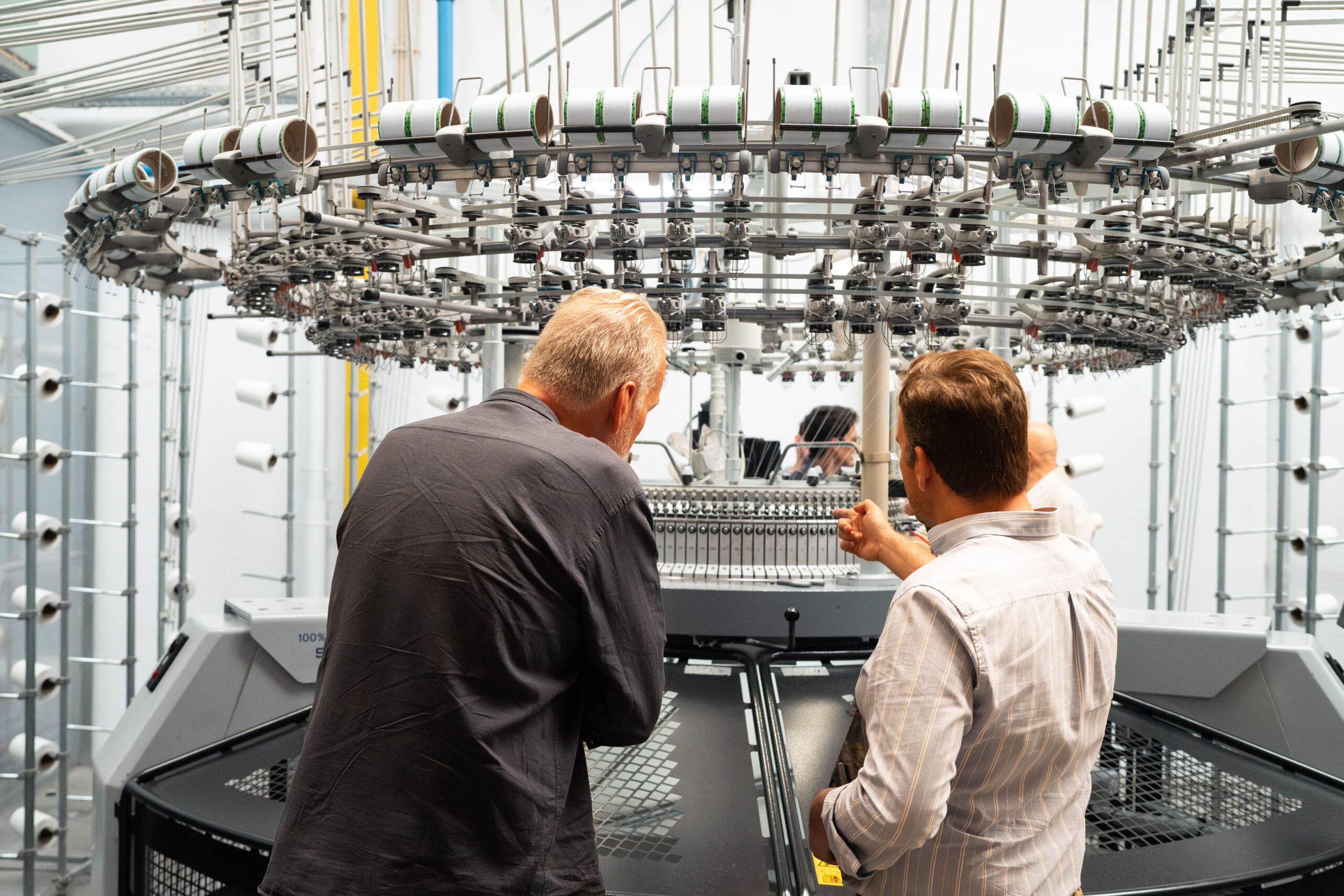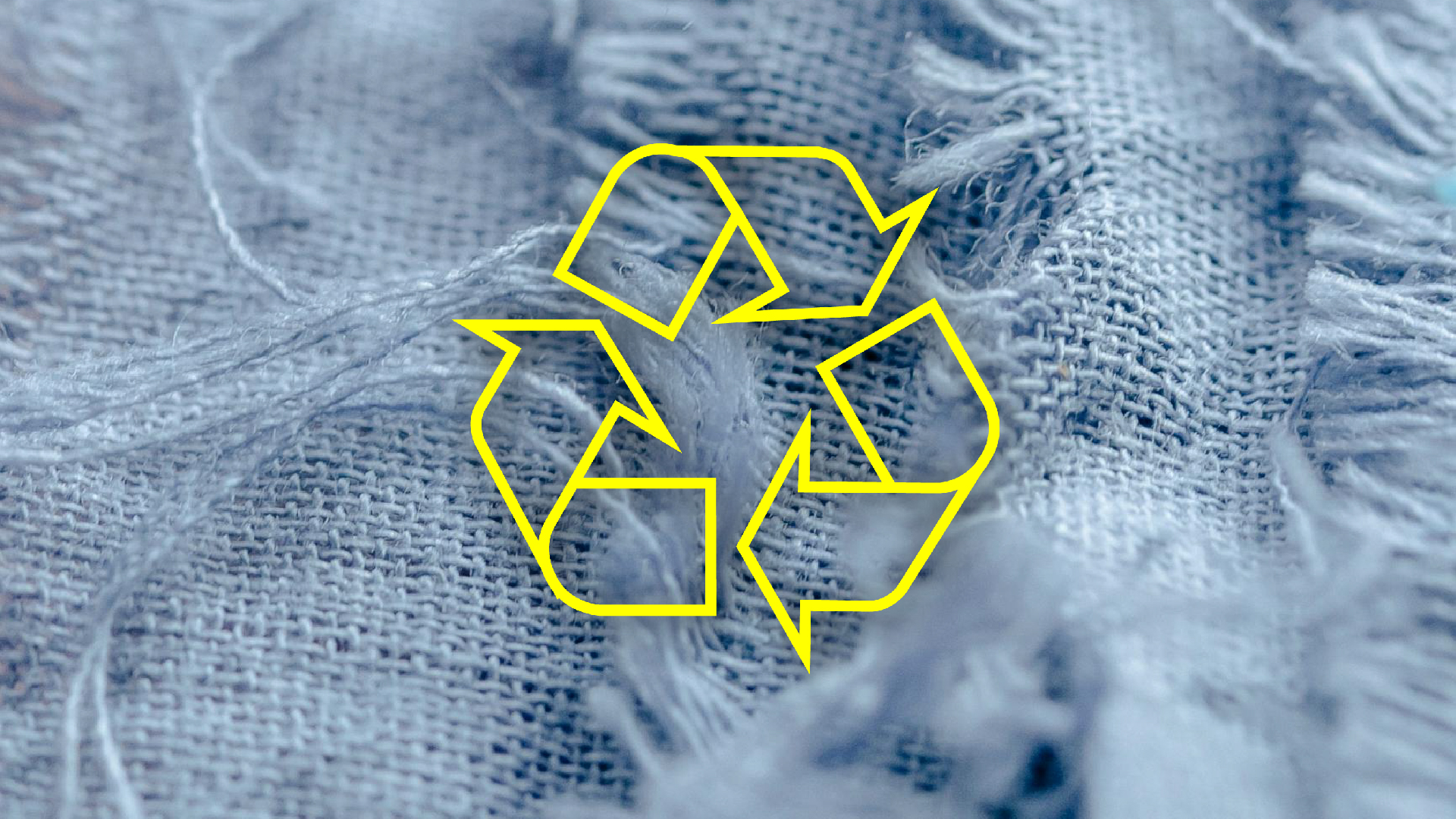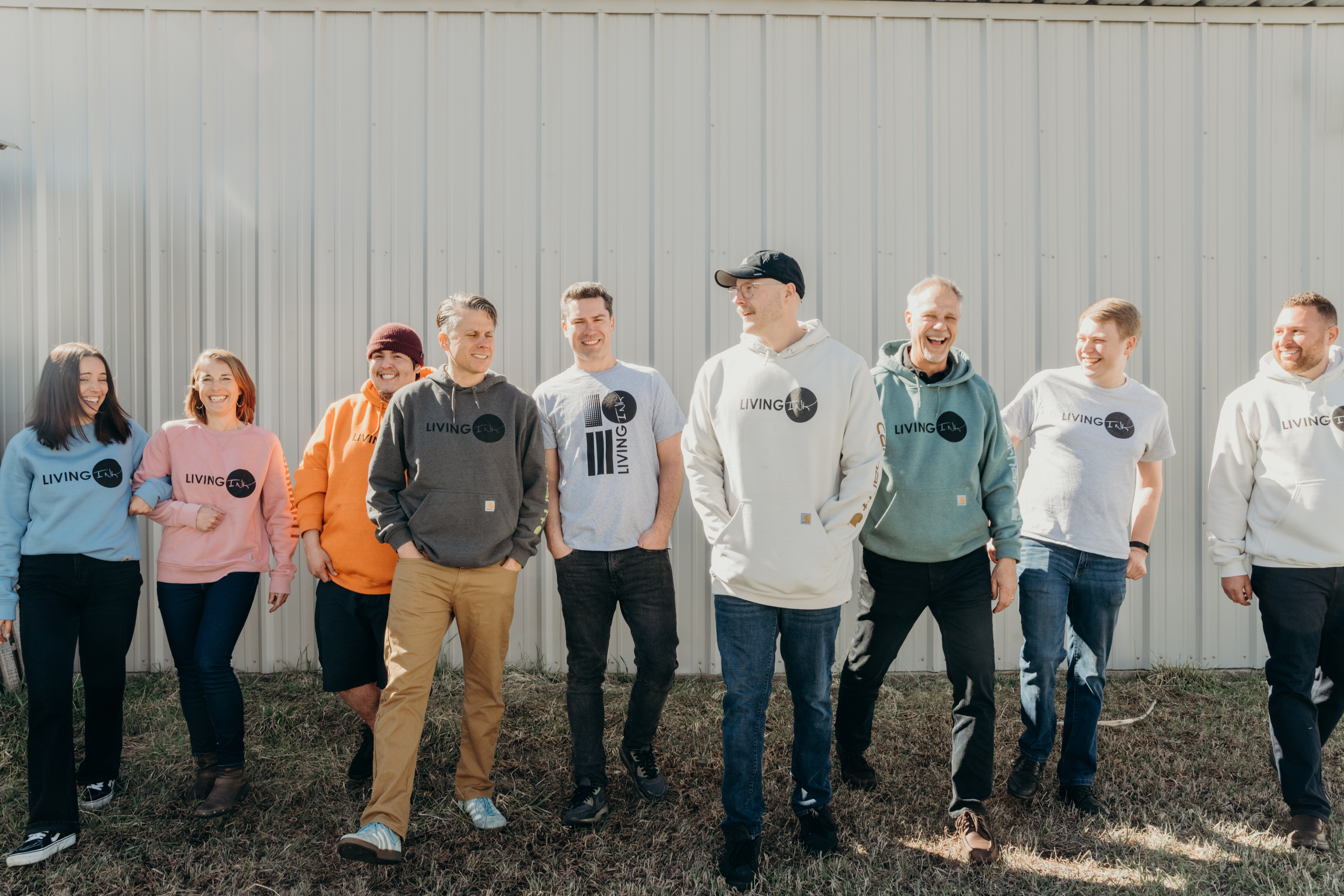Fashion for Good Unveils Five-year Strategy Shifting to Scale Innovation in Fashion
The Fashion for Good office and museum building in Amsterdam
11 JANUARY 2024
AMSTERDAM – Today Fashion for Good announces its renewed strategy to enable widespread adoption and scale of regenerative fashion innovations. This involves a significant commitment to bolstering the Innovation Platform and deepening efforts in brand uptake, supplier integration, financing and impact measurement. As part of this evolution, the Fashion for Good Museum will close, and starting in June 2024, evolve into an expanded blended use and co-working space. This shift underscores Fashion for Good’s commitment to fostering deeper collaboration among its community of sustainable fashion industry changemakers. The Museum’s final exhibition is set out as a grand finale around circularity and is scheduled to open its doors at the end of January.
In the last five years, circularity and innovation in the fashion industry have seen exponential growth. At the same time, global challenges such as increased macroeconomic risks, the climate crisis, and evolving policies have added complexity to the fashion industry’s landscape. These developments sparked a critical reflection within Fashion for Good to ensure its work remains on the leading edge of innovation and drives industry transformation.
LOOKING BACK & ACHIEVEMENTS TO DATE
Fashion for Good initiated the work required to spark collaboration that would enable disruptive innovation to scale starting in 2017. Fast forward, Fashion for Good has successfully established itself as THE pioneering global platform for collaborative innovation in the fashion industry, as evidenced by:
- Mastery of the innovation landscape: collectively, 2,800+ innovations have been assessed and 173 innovators have been through FFG programmes with 34%, or 59 innovators, having realised first implementations with industry partners.
- A committed global partners base and wider industry interest: the FFG partner base consists of 25+ pioneering brand/retail/manufacturing leaders representative of 12% of the industry.
- Industry orchestration: aligning innovators, brands, manufacturers and financiers towards tangible action resulted in more than 400 implementation cases and 15 collaborative projects in areas such as materials, processing, chemical recycling and transparency.
- Financing leverage: together with a leading investor network, FFG has catalysed 1.9 B EUR in funding towards innovators.
- Convening power in Amsterdam and beyond: since 2018 the Fashion for Good Museum has welcomed over 100K visitors, curated 13 exhibitions around themes ranging from biomaterials to the uncovered stories around cotton. A strong educational offering led to more than 25% of the visitors being students. Multifaceted programming with collaborators such as Redress, Amsterdam Fashion Week and Lowlands Festival reached a diverse audience. In 2020 the official museum registration was awarded.
REALIGNMENT & A NEW STRATEGY
In 2023, Fashion for Good conducted more than 100 interviews with brands, innovators, manufacturers, investors, industry experts, NGOs, universities and critics, to gain a comprehensive view of its work and impact potential.
Innovation remains a key lever for industry transformation. However, barriers towards scaling those innovations exist across three key actors:
- Innovators’ technology and price are not (yet) perceived as commercially attractive;
- Industry (brands and manufacturers) is not yet willing to send clear demand signals;
- Investors remain hesitant to invest and participate in this transformation.
Fashion for Good’s unique strength lies in its ability to orchestrate these three actors to overcome these barriers enabling solutions to scale.
Fashion for Good remains committed to its mission, with a renewed focus built on five pillars tailored for success:
- Innovators: Establishing a dedicated Scaling Team to provide bespoke support for winning innovations focused on brand uptake, supplier integration, financing and impact measurement.
- Suppliers: Launching the Strategic Supplier Programme to engage brand’s key suppliers actively in scaling and implementing promising innovations and orchestrating supply and demand.
- Brands: Enabling brand partners to action the opportunity, by facilitating cross-functional innovation agendas, structures and processes
- Investors: Stepping up investment support to cover all innovator stages and capital types.
- Public: Ensuring public awareness about the role of innovations by sharing insights, learnings and demonstrating proof points, amplifying our voice on innovations and industry change via our own channels and through media partnerships.
Katrin Ley, Managing Director Fashion for Good explains: “As Fashion for Good navigates the evolving landscape of the fashion industry, we are poised to intensify efforts through our Innovation Platform. This move is not only about adapting to change but leading it with focused and effective action. We’re making operational adjustments to drive industry-wide innovation adoption more effectively. This strategic shift goes hand in hand with the decision to close the Fashion for Good Museum.”
NEXT PHASE FOR THE MUSEUM
The Museum’s final exhibition is set out as a grand finale around circularity and is scheduled to open its doors the last week of January. All learnings, collections, tools and objects from the Museum will be made available through a free, open-access digital platform on the FFG website for continued use and benefit of educators, the cultural sector and the wider public.
The Fashion for Good Museum exhibit will run until June 5th 2024, and after that will evolve into an expanded co-working space and community. This will foster stronger alliances among mission-aligned organisations, enhancing collaboration within the industry and offering flexible spaces for new tenants. The commitment to driving sustainable change in fashion remains steadfast, and this realignment marks a significant step forward in the journey.
ABOUT FASHION FOR GOOD
Fashion for Good is the global platform for innovation.
Fashion for Good unites the entire fashion ecosystem, from brands, retailers, suppliers, innovators, and funders, to consumers, to collaborate and drive the change towards a circular industry.
At the core of Fashion for Good is its Global Innovation Programme. The Innovation Programme supports disruptive innovators on their journey to scale, providing hands-on project management, access to funding and a robust ecosystem of mentors and experts. Fashion for Good also initiates Foundational Projects, consortium projects that bring innovators, brands, manufacturers and funders together to validate technologies and processes, to accelerate supply chain implementation. The Good Fashion Fund catalyses access to finance for manufacturers in India, Bangladesh and Vietnam to shift at scale to more sustainable production processes.
To activate individuals and industry alike, Fashion for Good houses the world’s first interactive museum dedicated to sustainable fashion and innovation to inform and empower people from across the world, a Circular Apparel Community co-working space, and creates open-source resources and reports to action change.
Fashion for Good’s programmes are supported by founding partner Laudes Foundation, co-founder William McDonough and corporate partners adidas, BESTSELLER, Burberry, C&A, CHANEL, Inditex, Kering, Levi Strauss & Co., Otto Group, Patagonia, PVH Corp., Reformation, Target and Zalando, and affiliate and regional partners Arvind Limited, Birla Cellulose, Norrøna, Pangaia, Paradise Textiles, Shahi Exports, Teijin Frontier, Vivobarefoot, Welspun and W. L. Gore & Associates.
Website: www.fashionforgood.com
Instagram: @fashionforgood
Twitter: @FashionforGood
TikTok: fashionforgood
Facebook: FashionForGoodGlobal
Medium: fashion-for-good
PRESS CONTACT
Fashion for Good
Anne-Ro Dubos-Klevant Groen
Rokin 102
1021 NV, Amsterdam
The Netherlands
+31(0)6 15 36 78 75
akg@fashionforgood.com
Other Articles

In conversation with Smartex: Explore Smartex’s AI-driven solutions transforming quality control and reducing waste

Fashion for Good and Textile Exchange Team Up to Trace Textile Waste

